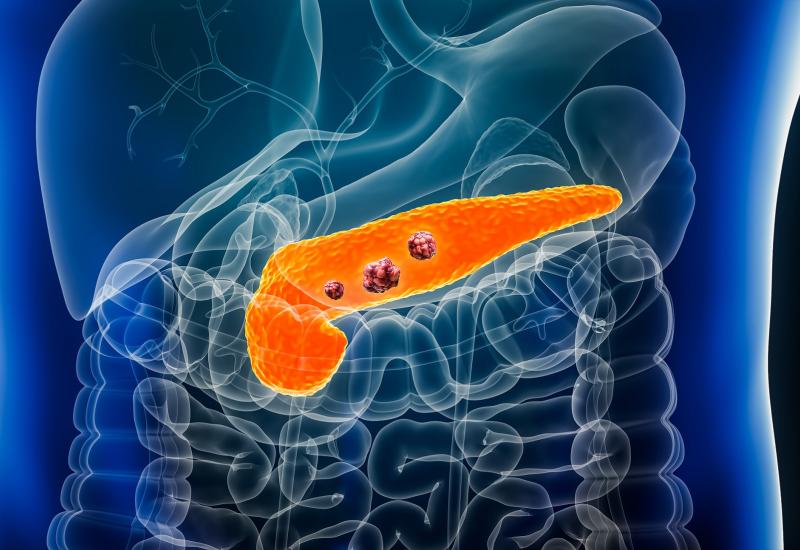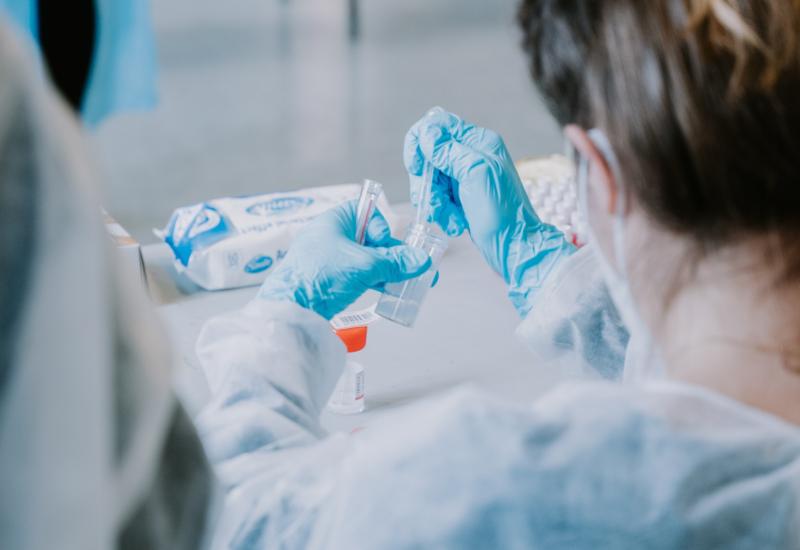
Zymeworks restocks its clinical pipeline
After ZW171's exit, ZW251 enters the clinic.
After ZW171's exit, ZW251 enters the clinic.

No sooner had Zymeworks dropped its anti-mesothelin T-cell engager ZW171 than the company's clinical pipeline has been replenished with a far more promising approach: ZW251, an ADC targeting GPC3, has just started its first-in-human study, a new listing on clinicaltrials.gov reveals.
Other additions to the registry show the imminent entry into human testing of AZD3632, a menin inhibitor from AstraZeneca. This appears to be the first mention of Astra's work against menin, which at present is a battle between Kura and Syndax. Coincidentally, Astra is also seen as the driving force behind targeting GPC3.
However, Astra's GPC3 effort comprises a Car-T approach, namely the AbelZeta-partnered AZD7003, whose impressive results at last year's ASCO spawned numerous imitators. In Zymeworks' case, ZW251 is an ADC, which uses the group's topoisomerase 1 inhibitor payload (coded ZD06519); the same payload is employed by ZW191, an anti-folate receptor alpha ADC that entered the clinic last year.
Zymeworks says GPC3 is expressed in over 75% of liver cancers. However, the new phase 1 study of ZW251 hints at the investigation of other solid tumours beyond liver cancer, and doesn't set GPC3-positivity as an inclusion criterion.
Menin
Meanwhile, menin inhibition has become an increasingly complex field split by biomarker status and haematological cancer type, though at present it still features just one marketed drug, Syndax's Revuforj.
Kura's Kyowa Kirin-partnered ziftomenib looks likely to become the second, and Johnson & Johnson's bleximenib is putting up a strong challenge of its own. In November the clinical ranks will be swelled with the entry of Astra's AZD3632 into the phase 1/2 Momentum study, in acute leukaemia/myelodysplastic syndromes harbouring KMT2Ar, NPM1m or other genotypes associated with homeobox overexpression.
Astra hasn't previously mentioned its involvement in menin, and no patent filings appear directly to reveal its work here. In 2018 the company tied up with Syndax, but that work didn't relate to menin inhibition.
Recently disclosed first-in-human studies*
| Project | Mechanism | Company | Trial | Scheduled start |
|---|---|---|---|---|
| IMC-P115C | PRAME TCR/anti-CD3 fusion protein | Immunocore | HLA-A*02:01+ve PRAME+ve cancers | 7 Nov 2024 |
| TH9619 | MTHFD1/2 inhibitor | One-carbon Therapeutics | Odin, solid tumours | 22 Aug 2025 |
| Unnamed | CDH17 x GUCY2C Car-T | Bio-gene Technology | CDH17/GUCY2C+ve colorectal cancer | 1 Sep 2025 |
| ZW251 | GPC3 ADC | Zymeworks | Solid tumours incl liver cancer | Sep 2025 |
| AZD3632 | Menin inhibitor | AstraZeneca | Momentum, haem malignancies with KMT2Ar, NPM1m or HOX-overexpression genotypes | 3 Nov 2025 |
| Unnamed | CD318 Car-T | Miltenyi | CD318+ve pancreatic ductal adenocarcinoma | Jul 2026 |
Note: *projects newly listed on the clinicaltrials.gov database between 2 and 10 Sep 2025.
Other projects newly into the clinic include two Car-T therapies, from Bio-gene Technology and Miltenyi. There's also another "immtac" from Immunocore, IMC-P115C.
Immtacs are T-cell engagers that use a soluble form of the T-cell receptor, restricted to a specific HLA type, and after the approved Kimmtrak Immunocore's next pipeline hope is the anti-PRAME brenetafusp. IMC-P115C is a half-life extended version of brenetafusp, and was already disclosed last December to have entered the clinic; it's only now that its clinicaltrials.gov listing has materialised.
As for the new Car-T therapies, Bio-gene is pursuing GUCY2C, a fairly popular Car-T target that last year saw Pfizer discontinue a T-cell engager, PF-07062119. For its part, Bio-gene is combining activity at at GUCY2C with that at CDH17, an antigen whose targeting has fast become a must-have for ADC developers.
And Miltenyi is straying further beyond its core business of selling one of the most popular cell therapy manufacturing systems, planning to take another Car, this one against CD318 (CDCP1), into the clinic; it recently took a bispecific anti-CD19 x CD22 asset into human testing. However, its latest phase 1 study isn't planned to start until July next year.
1535













